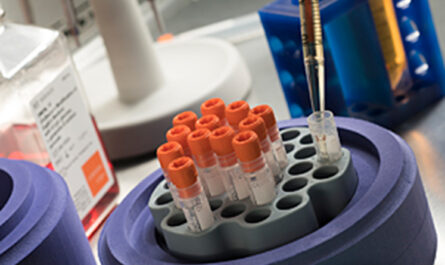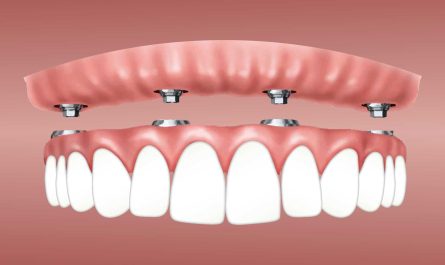- A) Market Overview:
The global Allergic Rhinitis Treatment Market is estimated to be valued at US$ 14,916.9 million in 2022, and it is projected to exhibit a CAGR of 4.1% over the forecast period of 2022-2030, according to a new report published by Coherent Market Insights. Allergic rhinitis refers to the inflammation of the nasal passage caused by an allergic reaction to various triggers such as pollen, dust mites, or animal dander. This condition affects a significant portion of the global population, resulting in symptoms like sneezing, runny nose, itching, and congestion. The market for allergic rhinitis treatment products is driven by the rising prevalence of allergies, increased awareness and diagnosis, and advances in treatment options.B) Market Key Trends:
One key trend observed in the allergic rhinitis treatment market is the growing preference for allergen immunotherapy. Allergen immunotherapy, also known as allergy shots, works by gradually exposing individuals to small amounts of allergens to help build tolerance and reduce allergy symptoms. This treatment approach offers long-lasting relief and has shown promising results in preventing the progression of allergic rhinitis to asthma. With increased efficacy and a potential for disease modification, allergen immunotherapy is gaining traction among patients and healthcare professionals alike.For instance, Stallergenes Greer, one of the key players in the market, offers sublingual immunotherapy tablets for the treatment of allergic rhinitis. Their product, Oralair, provides desensitization to five common grass pollen allergens, improving symptoms and reducing the need for symptomatic medications.
C) Porter’s Analysis:
Threat of new entrants: The allergic rhinitis treatment market presents moderate barriers to entry due to significant research and development costs, patent protection, and regulatory requirements. Established key players have a strong foothold in the market, making it challenging for new entrants to compete effectively.Bargaining power of buyers: Buyers in the allergic rhinitis treatment market, such as patients and healthcare providers, have moderate bargaining power. They can choose from a range of treatment options offered by different manufacturers, giving them some leverage in negotiating prices.
Bargaining power of suppliers: Suppliers of raw materials, ingredients, and active pharmaceutical ingredients have moderate bargaining power in the market. Key players typically have established supply chains and long-term contracts with suppliers, reducing the impact of supplier bargaining power.
Threat of new substitutes: While there are various treatment options available for allergic rhinitis, such as antihistamines and nasal corticosteroids, there are limited substitutes that can provide long-term relief and disease modification like allergen immunotherapy. Hence, the threat of new substitutes in the market is relatively low.
Competitive rivalry: The allergic rhinitis treatment market is highly competitive, with key players actively investing in research and development to develop innovative treatment options. Companies are focused on expanding their product portfolios through strategic collaborations, partnerships, and acquisitions to gain a competitive edge.
D) Key Takeaways:
– The global Allergic Rhinitis Treatment Market Segmentation is expected to witness high growth, exhibiting a CAGR of 4.1% over the forecast period. This growth is fueled by increasing prevalence of allergies and advancements in treatment options.
– Regional analysis indicates that the market is expected to grow rapidly in North America, driven by the high prevalence of allergies, strong healthcare infrastructure, and increasing awareness of allergic rhinitis among patients.
– Key players operating in the market include Merck & Co., Inc., Boehringer Ingelheim International GmbH, AstraZeneca, GSK plc., Johnson & Johnson Services, Inc., Teva Pharmaceutical Industries Ltd., Novartis AG, Mylan N.V., Aytu BioPharma, Inc., Glenmark Pharmaceuticals Ltd, Himalaya Wellness Company, Regeneron Pharmaceuticals Inc., Allergy Therapeutics, Stallergenes Greer, Bayer AG, Dr. Reddy’s Laboratories Ltd, ALK-Abelló A/S, and Revolo Biotherapeutics. These companies are focused on product development, geographical expansion, and strategic collaborations to strengthen their market presence.In conclusion, the global allergic rhinitis treatment market is experiencing steady growth and offers significant opportunities for pharmaceutical companies. With the rising prevalence of allergies and the need for effective and long-term treatment options, allergen immunotherapy is emerging as a key trend in the market. However, the market is highly competitive, and players must focus on innovation and strategic partnerships to stay ahead in this evolving landscape.



